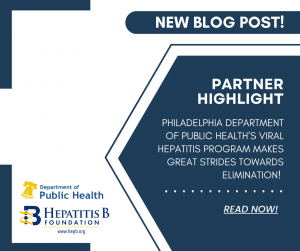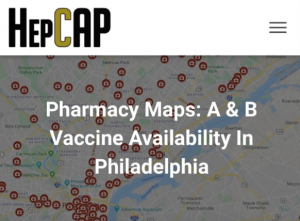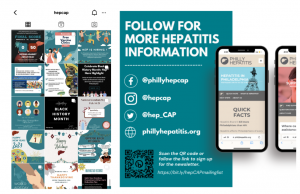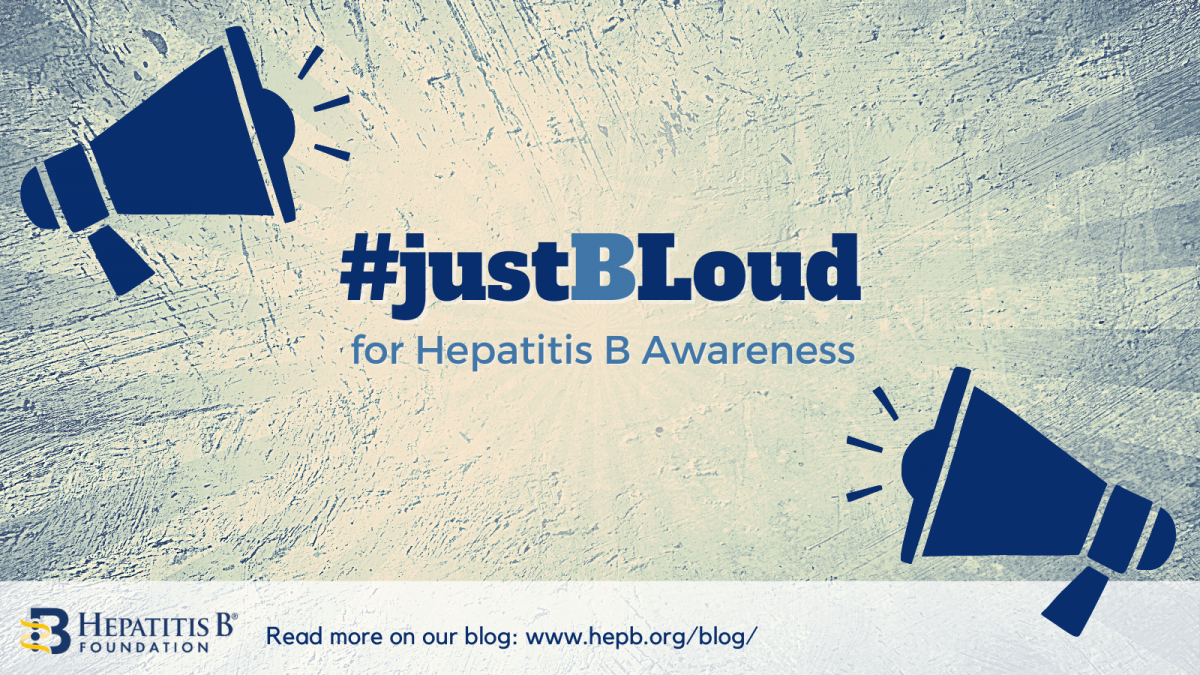
When you hear vitamin D you most notably think of the sun, or perhaps milk, or the small plastic bottles labeled with a bolded “D3” on store shelves. If you’ve ever been challenged by a trivia question asking what vitamin D does, you most likely know to say it helps build strong bones. In addition, vitamin D is a vital element that serves the immune, nervous and gastrointestinal systems, among our most important organs.
What you may not know about are the multiple functions vitamin D has in the body to regulate and maintain optimal health, especially for those living with chronic conditions such as hepatitis B.
The sun is the best source of vitamin D, and while everyone needs it, people living with hepatitis B need to pay extra attention to the summertime sun. Too much of a good thing can lead to harmful consequences, so it’s best to be aware of some precautions. Key considerations before spending time in the sun are hydrating with water, applying sunscreen to minimize risks of sunburn and skin cancer, and understanding the impact of exposure to sunlight on your body.
Being in the sun typically makes you thirsty. Drinking water instead of beverages with high sugars such as soda, sport and energy drinks, is better for the body and doesn’t leave behind any fats or byproducts that impede healthy liver function. Physicians from Mass General Brigham Hospital in Boston analyzed data from nearly 1000,000 woman and found that there may be a link between sugary drinks and liver disease (more here). The process of breaking down sugars leads to a build-up of unusable material that saturates the liver, inhibiting normal cells from growing and further exacerbating an already vulnerable liver. On average, the recommended daily water intake for women is around two liters, and for men, about three liters. While those are general guidelines, you may need more while in the hot sun. In addition to simply feeling thirsty, the Cleveland Clinic says that signs of dehydration include dry or sticky mouth, headache and reduced or dark-colored urine (more here).
Using sunscreen, wearing hats and protective clothing, and avoiding the midday sun are smart steps to ensure you are protecting yourself from the strong UV rays. The American Cancer Society says you should choose a sunscreen with broad-spectrum protection and an SPF of at least 30, according to the (more here). Keep in mind that the sun’s UV rays are strongest between 10 a.m. and 4 p.m. Therefore, limit your exposure to the sun during these hours and take moments to cool down in the shade.
Now, how can the sun actually help someone living with hepatitis B?
The link between vitamin D and hepatitis B has been studied for years, and evidence suggests the core of their relationship lies within the liver. Basically, the skin produces vitamin D3 from sunlight and the liver and kidneys convert it to the active form of vitamin D our bodies need (more here). And, the liver itself relies on vitamin D to behave and function efficiently. With this information, we are able to correlate why low vitamin D levels would negatively impact individuals with hepatitis B who already have a compromised liver.
Trends seen in bloodwork results of people living with hepatitis B show that those deficient in vitamin D have higher viral loads. The correlation between vitamin D levels and viral loads (more here) tells us that adequate vitamin D might play a role in lower viral load counts. And lower viral DNA is associated with lower risk of liver damage and cancer.
Not only is the sun beneficial for those living with hepatitis B, but it also has a strong connection to improving mood and mental health. The National Institute of Mental Health says that those living with can be susceptible to experiencing mental health struggles such as stress, depression or anxiety (more here). Spending time outside is a helpful activity to clear the mind, reset and process your thoughts and feelings in a healthy way. Whether you choose to enjoy a day at the lake, a walk through the neighborhood or read a good book on the patio, getting outside will support the best outcome of your hepatitis B status while boosting your mental health.
It’s hard to find something that’s free, easily obtained and life-sustaining, but the sun is an exception and is available most days, weather-dependent of course. If you have other health conditions that prevent you from being in the sun, or perhaps you don’t care for the heat, please talk with your doctor about a diet rich in vitamin D or supplementation to ensure you maintain sufficient levels.



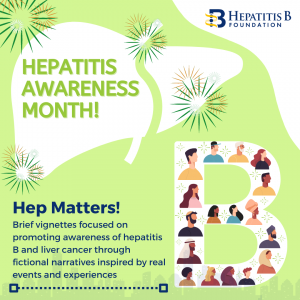

 Amina asked her doctor how she could get rid of this virus. Her doctor explained to her that there is no cure for hepatitis B, but antiviral treatment options do exist. While she may not be able to completely get rid of the virus, she can help protect herself from serious conditions such as hep B related cirrhosis or liver cancer with treatment. Amina’s doctor encouraged her to get treatment to prevent any serious problems from occurring. He also mentioned that treatment for hepatitis B is safe and effective. This did not make any sense to Amina. She thought to herself that if a treatment wouldn’t cure her of the disease, then there is no point in taking it. She felt healthy and did not show any symptoms. After the doctor suggested treatment options, she said that she will wait for the cure.
Amina asked her doctor how she could get rid of this virus. Her doctor explained to her that there is no cure for hepatitis B, but antiviral treatment options do exist. While she may not be able to completely get rid of the virus, she can help protect herself from serious conditions such as hep B related cirrhosis or liver cancer with treatment. Amina’s doctor encouraged her to get treatment to prevent any serious problems from occurring. He also mentioned that treatment for hepatitis B is safe and effective. This did not make any sense to Amina. She thought to herself that if a treatment wouldn’t cure her of the disease, then there is no point in taking it. She felt healthy and did not show any symptoms. After the doctor suggested treatment options, she said that she will wait for the cure.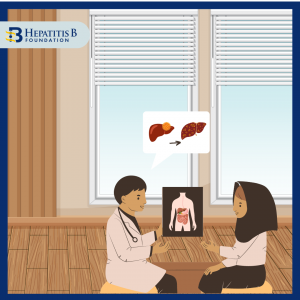 After moving to the U.S., Amina had gotten busy with school and work and did not follow up with her primary care doctor for years. Amina experienced stomach pains from time to time but they often went away on their own. On one occasion, her stomach pain worsened. She had to take a few days off from work to get better using home remedies, but they didn’t help. Finally, she went to the doctor’s office to learn more. She discovered that she had liver cancer. Her doctor referred her to a hepatologist (a liver specialist) for further treatment.
After moving to the U.S., Amina had gotten busy with school and work and did not follow up with her primary care doctor for years. Amina experienced stomach pains from time to time but they often went away on their own. On one occasion, her stomach pain worsened. She had to take a few days off from work to get better using home remedies, but they didn’t help. Finally, she went to the doctor’s office to learn more. She discovered that she had liver cancer. Her doctor referred her to a hepatologist (a liver specialist) for further treatment. 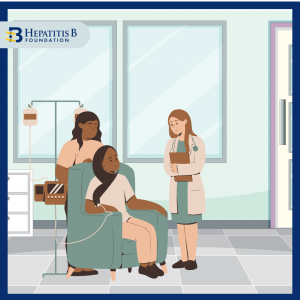 The hepatologist explained to Amina that hepatitis B can lead to liver cancer without monitoring and treatment. Even though a cure is not available, treatment options do exist, and they help in slowing and preventing serious liver disease, liver damage or liver cancer. If Amina had started antiviral treatment on time, she could have saved her liver. The doctor recommended chemotherapy for Amina to treat the cancer. Not only did her medical bills go up but Amina felt physically and mentally exhausted by the procedures. She advocates for everyone living with hepatitis B to get treatment if they need it and not wait for the cure. She also participates in advocacy efforts to make treatment options more affordable for people living with hepatitis B.
The hepatologist explained to Amina that hepatitis B can lead to liver cancer without monitoring and treatment. Even though a cure is not available, treatment options do exist, and they help in slowing and preventing serious liver disease, liver damage or liver cancer. If Amina had started antiviral treatment on time, she could have saved her liver. The doctor recommended chemotherapy for Amina to treat the cancer. Not only did her medical bills go up but Amina felt physically and mentally exhausted by the procedures. She advocates for everyone living with hepatitis B to get treatment if they need it and not wait for the cure. She also participates in advocacy efforts to make treatment options more affordable for people living with hepatitis B.